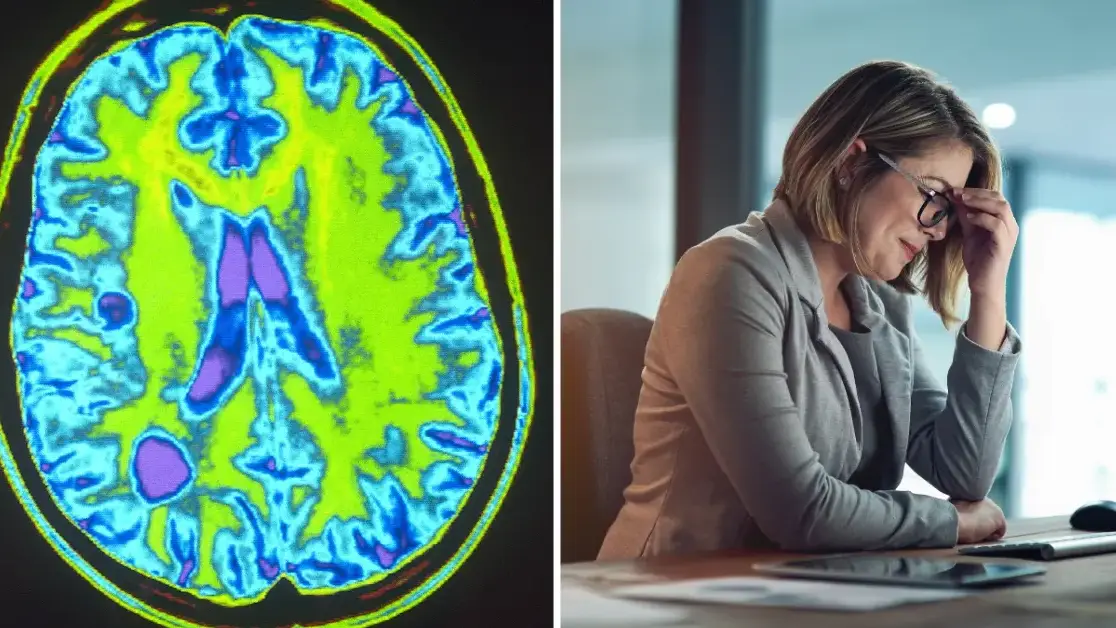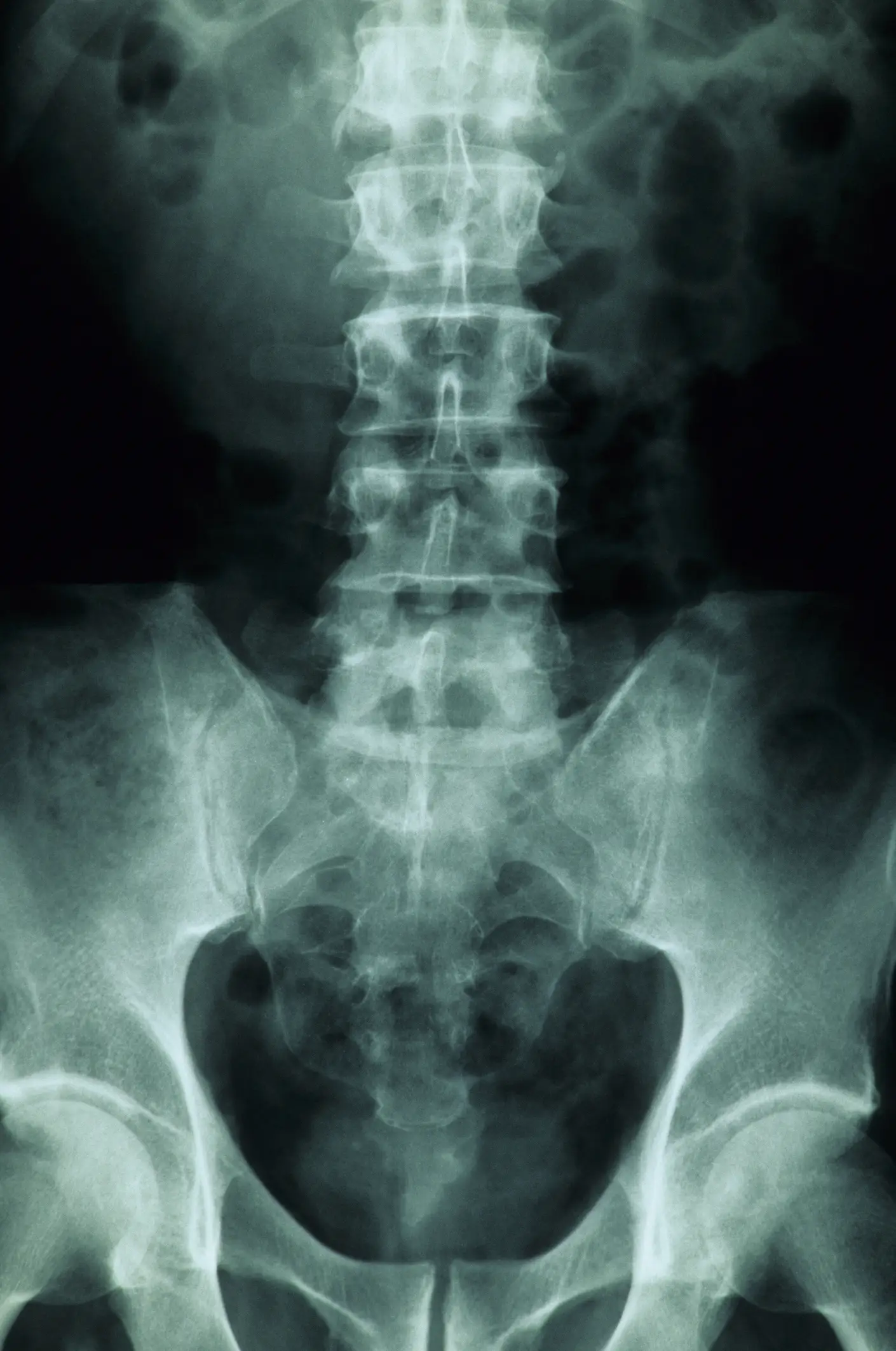
It's estimated that over 150,000 people in the UK are living with multiple sclerosis (MS).
The NHS explains that MS is an autoimmune condition that affects the brain and spinal cord, causing a wide range of potential symptoms including numbness or a tingling feeling in different parts of the body, feeling off balance, and problems with the eyes of vision.
However, while there are some major noticeable symptoms that are pretty well-known, there are also a number of 'invisible' ones to look out for that people don’t realise is the 'unseen side' of the disease.

How to spot and treat MS?
Most MS symptoms start between the ages of 20 and 40 and it is three times more common in women than men, according to the National Multiple Sclerosis Society.
Advert
The NHS also explains that there's currently no cure for MS, but medicines and other treatments can help 'control the condition and ease some of the symptoms'.
The official website states that treatment for MS largely depends on the stage of the disease and the specific symptoms the person has, which may include:
- Treating relapses of MS symptoms (with steroids)
- Treating specific MS symptoms
- Treatment to reduce the number of relapses (disease-modifying therapies)
Such symptoms may include; muscle cramps, spasms and stiffness and feeling off balance, dizzy or clumsy and difficulty walking.

What are the 'invisible' MS symptoms?
The Multiple Sclerosis Trust has also mapped out several symptoms that 'may not be visible to other people'.
These include:
- Anxiety
- Bladder symptoms
- Bowel difficulties
- Cognitive symptoms
- Depression
- Dizziness
- Fatigue
- Pain
- Sexual issues for men and women
- Sight problems

What are the symptoms of MS in women?
Additionally, there are also a number of little-known symptoms of MS to look out for that only affect women.
According to WebMD, diseases that affect the immune system are often 'more severe' in men.
"For example, MS affects many more women than men overall, but when it comes to the primary progressive form (PPMS), men get it in equal numbers to women," the site explains. "PPMS tends to be harder to diagnose and treat than the relapsing remitting form of MS."
Just like heart attacks, the signs of MS in women differ vastly from those in men.
According to Very Well Health, hormones may play in a role in why women are more susceptible to MS.
Menstrual problems
The site explains: "Females with MS often experience more MS symptoms around the time they are going through premenstrual syndrome (PMS) and during their period.
"Before you get your period, sex hormones (estrogen and progesterone) decline, which can trigger symptoms of both PMS and MS."
This then suggests that hormones not only regulate your menstrual cycle but may play a role in MS activity in the body.
The publication adds: "If you have irregular cycles, MS may be the cause. Research shows that an MS diagnosis is linked to irregular periods in some people."

Pregnancy-related symptoms
MS 'does not seem' to reduce the chances of getting pregnant and carrying a pregnancy to term, the site says.
Research showing that MS relapses decreased during pregnancy and increased back up to pre-pregnancy rates by three months postpartum.
The site recommends speaking with a doctor about possible treatment options if you plan on getting pregnant.
Menopause
Women may also experience a 'worsening' of symptoms after menopause as, during this period, oestrogen levels drop 'dramatically'.
The decline of oestrogen levels in the body also shares symptoms with MS including; bladder problems, decline in sexual arousal, depression, fatigue, mood swings and trouble concentrating.
You can find out more about MS here.
Topics: Advice, Health, Life, NHS, Women's Health